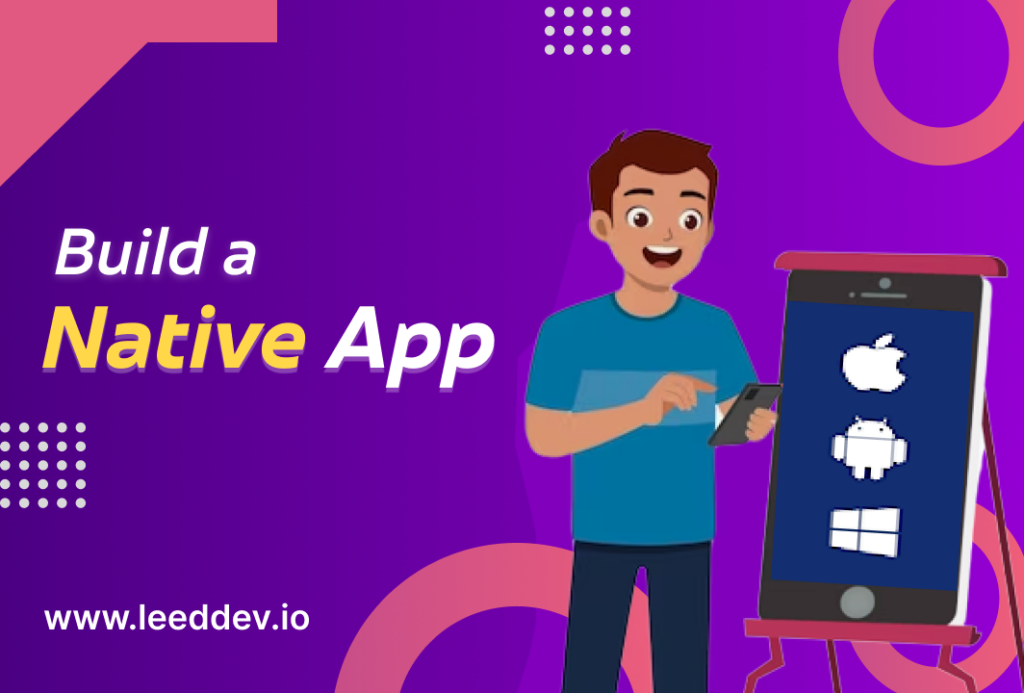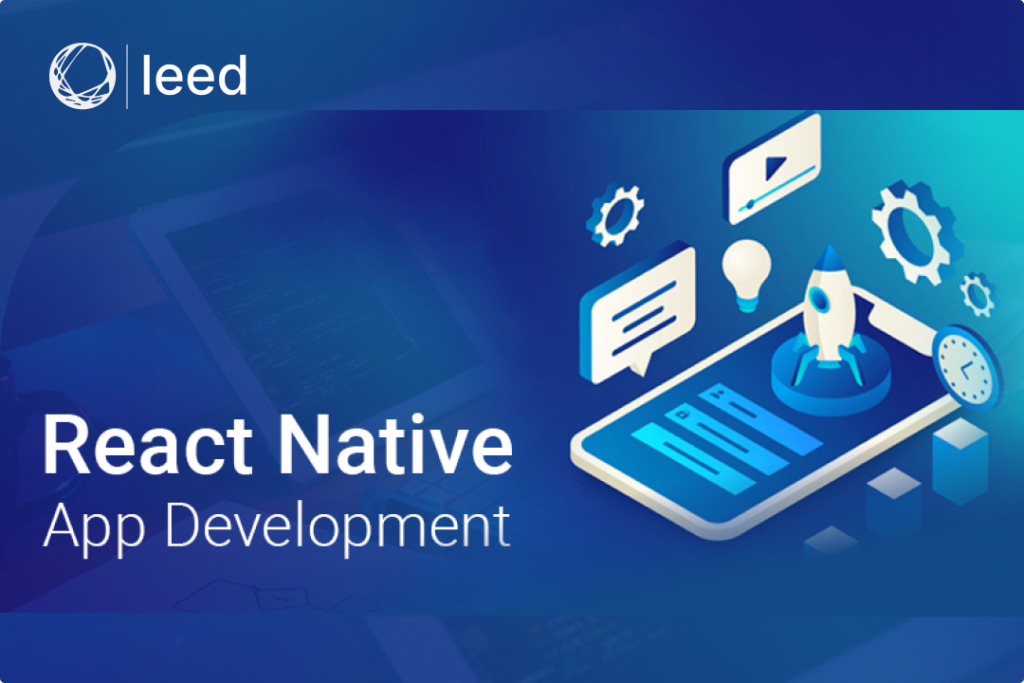Want to develop mobile apps for different platforms but without learning different languages? Well then, the solution for you is react native for app development. It’s the world of technology and with advancements in digital technologies we have better options available. Now instead of native mobile apps, cross platform apps are being used to build apps for the development process. In this article, we will discuss what React native is and the related pros and cons as well.
What Is React Native?
It has been reported that by the end of 2025, the annual estimated app downloads are estimated to increase from 194 billion to 29 billion. React Native for app development is an open source mobile application development framework that is created by Facebook. It was first launched in 2015. React is used to develop native apps using the javascript library. The ex head of a Mobile Engineering at Wix.com said in an interview:
“Most companies developing mobile on the current native stacks must compromise in some way. Either on productivity (develop the same product multiple times with different engineers on different stacks), on quality (make low-quality apps) or on a scope (focus on a single platform). The path towards stopping these compromises is inventing new mobile stacks — like React Native.”
Read Also: Web Application Development Techniques & Best Practices
How React Native Mobile App Development Works?

Apps using react native basically works using three threads:
- UI Thread
- Shadow Thread
- Javascript Thread
The UI thread is the one that has the main access to the UI, whereas the shadow thread is responsible for creating the layout using the react native library. Javascript thread is the one that contains the react code.
What Are The Components Of React Native?
React native framework allows the app developers to build apps for multiple platforms without having to learn difficult languages. Some of the key react native components are as follows:
Components: Reusable building blocks of code.
CSS Styling: Subset of CSS used to style components.
JSX: Syntax extension to write HTML-like code in JS files for UI elements.
Virtual DOM: Optimized for efficient UI updates.
One Way Data Binding: Single change does not affect overall app code.
APIs: Access to native app features for Android and iOS devices.
How To Build a Native App?
Building a react native app involves multiple steps starting with installing the necessary tools like react native CLI and Node.js, followed by setting up the deployment environment specific to your operating system. Creating a new project using “create-react-native-app” command and setting up the components with required functionality using Javascript comes next. It’s essential to identify and resolve any bugs or issues during the development phase with the help of the QA team. Finally, publishing the app and providing ongoing maintenance is crucial to ensure its success.
Why To Choose React Native For Mobile?
According to research, it is reported that 3.3 Million applications are available on Google Play Store whereas Apple Play store consists of 2.1 Million Apps. This increasing number of apps shows that with further advancements of technology if any mobile app development company wants to survive they need to develop a unique product. React native applications are one way to deal with this.
Choosing react native helps the developers to learn difficult languages, as react allows cross platform app development. Developers can easily build mobile applications for different platforms using the same code. This saves the time of developers and gives them flexibility as well.
Use Cases Of React Native For App Development
No doubt react native apps are the most popular, and the framework is getting more popular on a daily basis. The list of notable react native mobile app is as follows:
- Netflix
- Uber Eats
- AirBnB
- SoundCloud Pulse
- Tesla
- Townske
- Bloomberg
- Discord
- Walmart
- Skype
- Gyroscope
Can you imagine that just instagram has 1 Billion subscribers. This is the proof that day by day more companies and organizations will shift towards cross platform mobile apps. The reason is because of the advantages react native is providing
Pros and Cons Of React Native
Where every app has major advantages there are some flaws as well. You need to consider both the positive and negative aspects of any app. To give an overview, some of the pros and cons of React Native are as follows:
Pros
The advantages of using React Native are as follows:
- Saves time and effort to building responsive apps for multiple platforms
- React Native allows for optimized app performance and maintenance, to provide better functionality.
- React and JavaScript libraries, eliminating the need to learn other languages like Objective C or Java.
- Rapid app development using virtual DOM optimization to enhance performance.
- Developed apps are compatible with both Android and iOS, using a single coding functionality.
Cons
The advantages of using React Native are as follows:
- Regarding the cons, react native has a deep learning curve and with the evolving technologies its difficult to cope up.
- New tools and technologies are being added that makes it difficult to keep up with the trends.
- Although react native gives access to many native apps but still there are some APIs that are difficult and are not available.
- Along with this debugging the react native apps can be a challenge.
Conclusion
To summarize the discussion, react native for app development is the best if the user wants to develop cross platform applications. React native saves the time of developers and helps build efficient and intuitive apps. As a Software development company Leed will provide you with user friendly and unique apps using the react native. However, it’s important to consider the requirements of your project and then finalize the library that is best for your project.
See more




